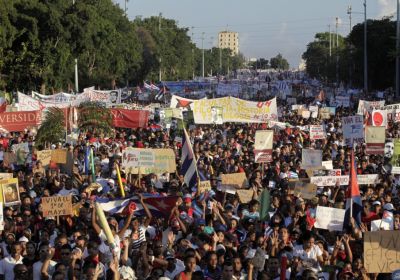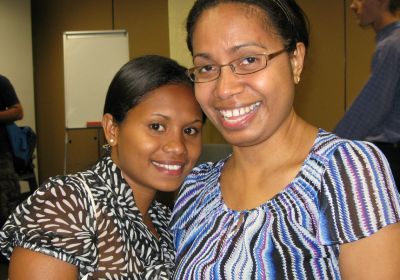
Two decades after the demise of Soviet bureaucratic “socialism” and the onset of its “Special Period” crisis, Cuba is immersed in an ongoing debate on the future of its socialist project.
When Raul Castro became interim president in August 2006, he called for free and frank debate. He launched a series of nationwide consultations in the lead-up to the Sixth Congress of the Cuban Communist Party (PCC) in April last year.
Intersecting with these organised debates is a wider discussion in Cuba’s revolutionary press, academic journals and other institutional spaces.






